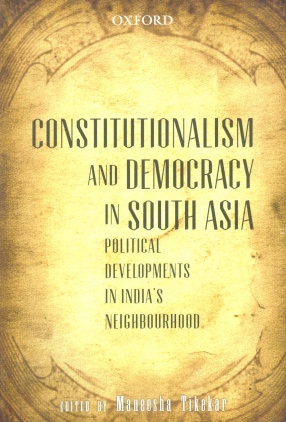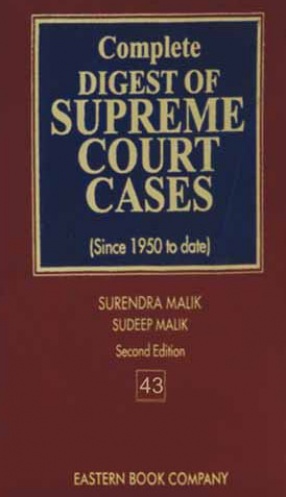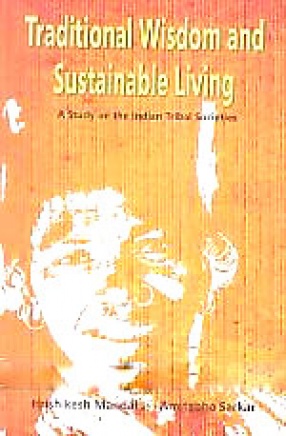India’s obsessive interest in Pakistan is defined by the political and security issues and is conditioned by history. The pain and despair at the vivisection f the motherland is obviously far from over. There is nostalgia for the land that suddenly became distant and inaccessible almost overnight, and negative feelings for the people who occupied that land. This book is not about Indo-Pak relations, nor does it discuss the Kashmir issue. It is about the people of Pakistan, their cities and history, their complex social fabric and their search for harmonized cultural identity from an Indian’s perspective. Pakistani society is at once plural and monolithic. Its biradaries, tribes and tribal codes of conduct, ethnic groups and languages, and racial mixtures make the Pakistani society an anthropologist’s delight. The bulldozer of Islam makes it difficult for an outsider to understand its social intricacies. The book makes two valid points: firstly, we must learn to distinguish between people, nation and state, and secondly, territorial boundaries and cultural frontiers do not necessarily coincide. The book is a landmark contribution to sociological and cultural studies of South Asia in general and the subcontinent in particular. It offers a different point of view about Pakistan, and politics of Islam in Pakistan to academicians of South Asia apart from Satisfying the lay reader’s curiosity in the subject. Based on the author’s five-month stay in Pakistan and written in a style that deftly combines the narrative of a travelogue and the seriousness of academic research, the book is a must read for general readers and specialists alike.
Constitutionalism and Democracy in South Asia: Political Developments in India’s Neighbourhood
South Asian Countries have ...
$37.80
$42.00






There are no reviews yet.